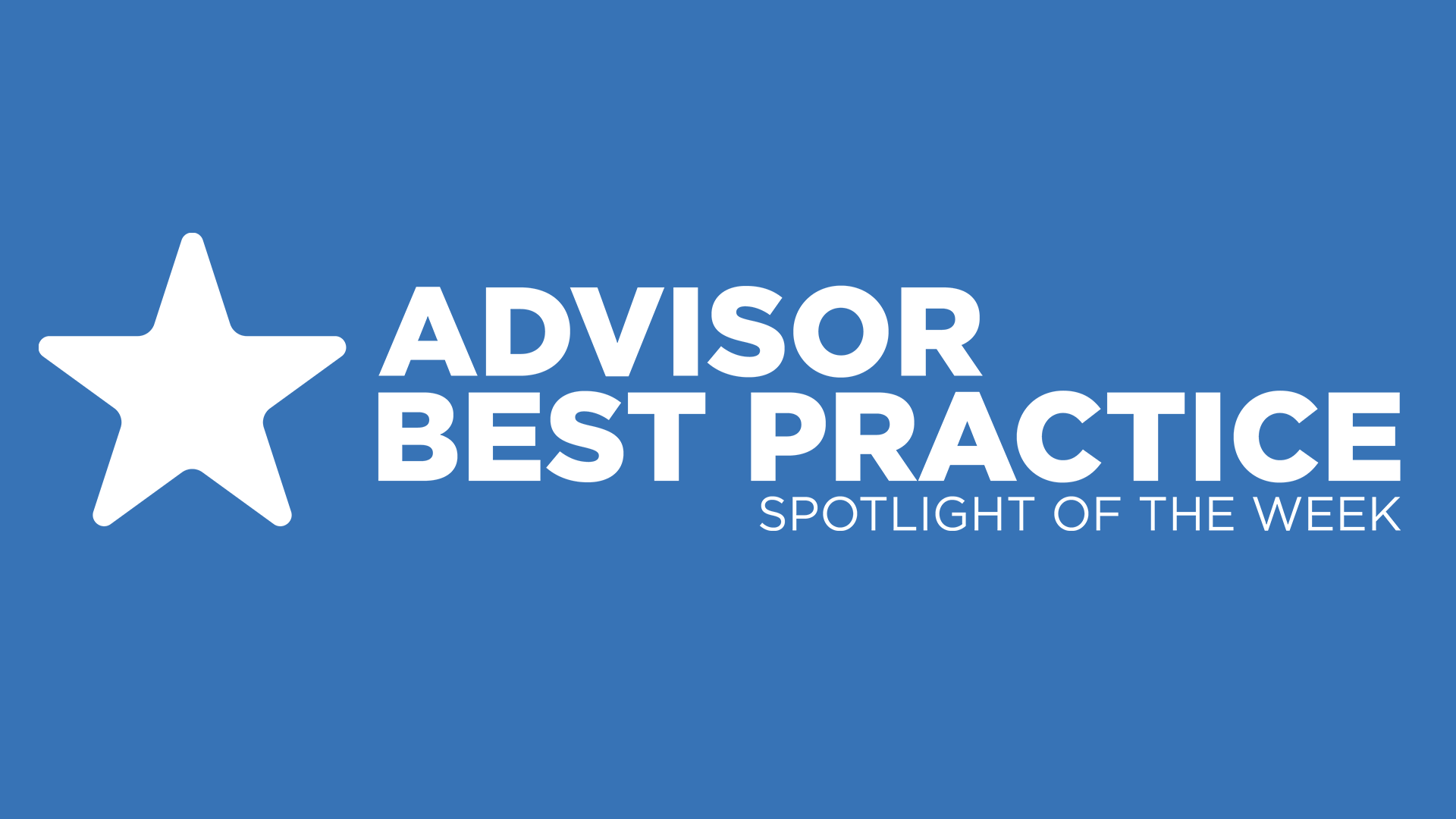February is Career and Technical Education (CTE) Month®, a month that is dedicated to the recognition of CTE programs and Career Technical Student Organizations (CTSOs) that play an integral role in the growth of emerging leaders and entrepreneurs. Now, it is time for you to advocate on behalf of DECA!
Advocacy is an important tool for creating change and making your voice heard. In recent years, virtual advocacy has become a powerful way for people to make an impact from school or home.
Here are some tips to help you get started.
Before the Meeting
During the Meeting
- Dress professionally and avoid background clutter and background noise.
- Be punctual; log in or call 10 minutes before the meeting start time.
- Open your meeting with brief introductions.
- Make sure to mention your connection to the state or congressional district represented by the office you’re meeting with and that you are a constituent.
- Stick to your agenda and speaking times.
- Actively listen and ask questions.
- If you don’t know the answer to a question you receive, simply saying, “I don’t know,” and “I will follow up with an answer to that question,” is perfectly acceptable.
- Take detailed notes, especially for any feedback you receive or follow-up information you promise.
- Your elected official may have little knowledge of CTE and DECA. You can use this as an opportunity to teach them.
- Ask the member of Congress or staff member if you can take a snapshot of the screen to share later.
- Thank the elected official or legislative staff for their time and consideration.
After the Meeting
- Remember, your meeting should not be the final conversation. The best advocacy focuses on sustained relationship building rather than single conversations.
- Use social media to thank members of Congress or their staff for the meeting with you, including a photo or screenshot if you have one. This strengthens your relationship because you’ll have shared public gratitude for their availability.
- Stay in touch by sending a follow-up email or thank you card to everyone you met with.
-




















